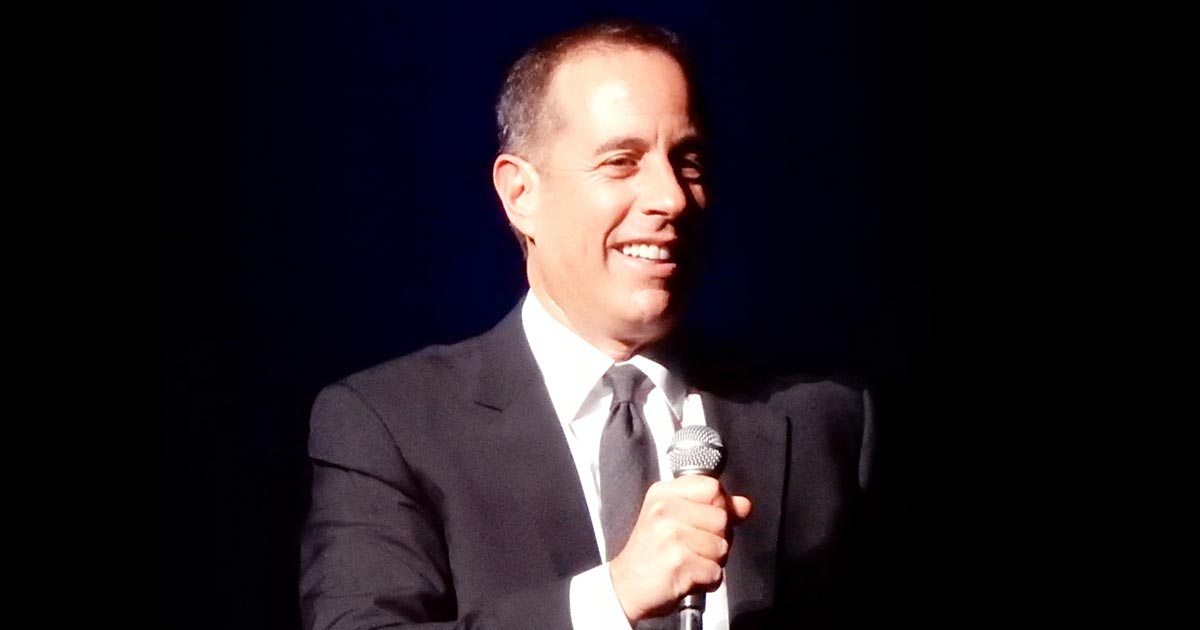Something that only really comes home to you once you’ve started work as a vet: it’s more about dealing with people than about dealing with animals.
So much of consulting feels like social work or diplomacy – a delicate negotiation between:
- what the animal needs
- what the owner wants
- what you think is best for both of them
Outside of the consulting room, though, working as a vet is just like working anywhere else – you have colleagues: a disparate group of people, from many different backgrounds and many different personalities, thrown together.
Our jobs being what they are, it’s likely we’ll spend more time with our colleagues than we will with our friends and families. Our jobs also being what they are, they will see you at your absolute best, and at your absolute worst.
Talking nonsense
Social situations terrify me. Now, I’m aware I’m not alone among the ranks of mankind for feeling this way, and many people feel they’re pretty bad at them, but trust me, I am unusually awful in this regard. Small talk is almost physically painful for me.
Usually, I simply can’t think of anything to say, so I either blurt out the first thing that comes into my head – which is usually banal, idiotic or offensive (or occasionally all three) – or I attempt to think of something interesting or relevant, which leads to an awkward silence during which I sort of nod and smile, and eventually timidly mumble something the other person doesn’t hear anyway.
This is a big reason why I also hate talking on the phone; it’s just as bad, but with the added complication I no longer have any visual cues from the other person as to how the conversation is going.
Office etiquette

Strangely enough, when I’m consulting, all these problems go away. Maybe it’s because I understand the social contract exactly: I’m the vet (or the pathologist) and I’m talking to my client – there’s a point to the conversation. It doesn’t mean I’m entirely formal; because I understand what’s happening, I’m more relaxed, and all the tension I feel in other social situations evaporates.
Colleagues are a slightly different matter – we are working together, and we have jobs to get on with, and I find it very easy to talk about work-related matters, but just general chit-chat I still find painful, to an extent.
There’s an added tension with colleagues because working together occasionally means them letting you down, or you letting them down, or having to discuss mistakes that have been made, or even disciplinary procedures – none of which lend themselves to an entirely relaxed working environment.
Hell is other people
I’ve worked with lots of different people in my career, and I have liked pretty much all of them (although I have, occasionally, worked with what I believe are termed “toxic” staff members – people who only ever seem to light up when they are being unpleasant about someone else; it’s amazing how much misery these people can cause).
For the most part, I’m pretty sure they’ve liked me too. However, it’s rare that I’ve made true friends in my career – there’s a handful of people that I continue to keep in touch with, and even fewer that I still see. I think this might be true for many of you, but as ever, writing these blogs, it’s hard to be sure. Here’s what Jerry Seinfeld said about making friends when you’re older:
“When you’re in your thirties it’s very hard to make a new friend. Whatever the group is that you’ve got now, that’s who you’re going with; you’re not interviewing, you’re not looking at any new people, you’re not interested in seeing any applications. They don’t know the places. They don’t know the food. They don’t know the activities. If I meet a guy in a club or a gym or some place: look, I’m sure you’re a very nice person, you seem to have a lot of potential, but we’re just not hiring right now.”
Disproving the Seinfeld theory
We’ll politely gloss over the fact that “in your thirties” may or may not currently apply to me, but I’m happy to report it turns out Jerry Seinfeld was wrong. My career change to clinical pathologist, as well as being a welcome and fascinating change in the job itself, has brought with it surprising and unexpected benefits – new friends.
Although I still experience social anxiety (occasionally crippling) in the job, I’ve found some kindred spirits I can talk about geeky things with, that I can even collaborate with in writing things outside of work, and that I’m pretty sure will remain friends wherever our future careers take us.
It means, just occasionally, working days feel more like happy afternoons at school than work. It means some afternoons I get to look down a microscope, singing along to Johnny Cash with my colleague – my friend – singing along with me.
So, if, like me, the thought of going to a party makes you want to turn off all the lights and sit in a darkened room, and if you spend occasional sleepless nights thinking of all the embarrassing, weird and pointless things that came out of your mouth in conversations when you were trying to be funny – or just normal – then it might reassure you to know there is some hope, even for people like us.

Leave a Reply